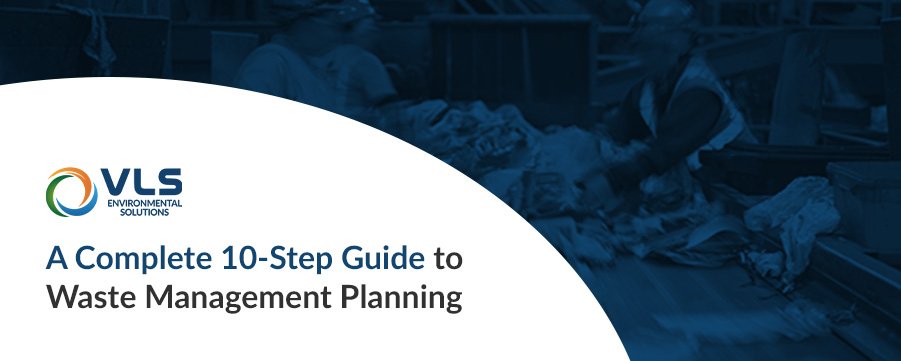Effective waste management is crucial for maintaining public health, preserving the environment, and promoting sustainable development. It encompasses the collection, transportation, processing, recycling, and disposal of waste materials. This guide delves into the principles of waste management, explores various strategies, and highlights the role of professional services like Waste Removal USA in facilitating efficient waste disposal solutions.
Principles of Waste Management
The foundation of effective waste management lies in several key principles designed to minimize environmental impact and promote resource efficiency:
- Waste Hierarchy: This concept prioritizes waste management strategies based on their environmental impact, following the sequence: Reduce, Reuse, Recycle, Recovery, and Disposal. The aim is to extract maximum benefits from products while generating minimal waste.
en.wikipedia.org - Product Life-Cycle: Evaluating a product’s life-cycle—from design and manufacturing to usage and disposal—helps identify opportunities to reduce waste and enhance sustainability at each stage.
en.wikipedia.org - Resource Efficiency: This principle focuses on reducing the environmental impact of producing and consuming goods by optimizing the use of resources throughout their life-cycle.
en.wikipedia.org - Polluter-Pays Principle: This mandates that those responsible for pollution bear the costs associated with managing it, ensuring accountability and encouraging waste reduction.
en.wikipedia.org
Strategies for Effective Waste Management
Implementing effective waste management involves a combination of strategies tailored to specific waste types and community needs:
- Source Reduction and Reuse: Implementing practices to reduce waste generation at the source, such as designing products with fewer materials and promoting the reuse of items, can significantly decrease the volume of waste requiring disposal.
- Recycling and Composting: Processing materials like paper, glass, plastics, and organic waste into new products or compost not only conserves resources but also reduces the burden on landfills.
- Energy Recovery: Converting non-recyclable waste materials into usable heat, electricity, or fuel through processes like combustion provides an alternative energy source and reduces reliance on fossil fuels.
- Treatment and Disposal: Ensuring the safe treatment and disposal of waste, particularly hazardous materials, is vital to protect human health and the environment. This includes methods like incineration and secure landfilling.
Role of Professional Waste Removal Services
Professional waste removal services play a pivotal role in managing waste efficiently and sustainably. Companies like Waste Removal USA offer comprehensive solutions tailored to diverse needs:
- Dumpster Rentals: Providing a range of dumpster sizes, from 10-yard to 40-yard options, to accommodate various project scales, such as residential cleanouts, construction debris, and commercial waste.
- Specialized Services: Offering services for specific waste types, including concrete, roofing materials, yard waste, and portable toilet rentals, ensuring proper handling and disposal.
- Permanent Solutions: Delivering ongoing waste management services for businesses and communities, promoting consistent and compliant waste disposal practices.
Case Studies: Innovative Waste Management Initiatives
Several cities and organizations have implemented successful waste management programs that serve as models for others:
- Parma, Italy: The city launched an aggressive campaign against waste, imposing fines and utilizing surveillance to monitor compliance. Their strategy includes separated collection and incentive-based pricing, achieving recycling rates exceeding 80%, surpassing European targets.
lemonde.fr - Tesco’s Packaging and Food Waste Reduction: The UK retailer set ambitious goals to halve food waste and make all own-brand packaging fully recyclable by 2025. Initiatives include removing or reducing packaging, transitioning to recyclable materials, and redistributing surplus food through partnerships with organizations like FareShare and Olio.
theguardian.com - Greenwich, Connecticut: Local businesses and institutions are addressing food waste by complying with the state’s Commercial Organics Recycling Law, which mandates redirecting organic material from landfills to composting or anaerobic digestion. This initiative conserves resources, reduces municipal waste, and promotes sustainability.
greenwichtime.com
Community Engagement and Education
Engaging communities in waste management efforts is essential for long-term success:
- Educational Programs: Implementing educational campaigns to raise awareness about waste reduction, recycling, and proper disposal methods empowers individuals to make informed decisions.
- Community Clean-Up Initiatives: Organizing events like tire clean-up campaigns and bulky item collections encourages community participation and fosters a sense of responsibility toward maintaining a clean environment.
lmtonline.com - Incentive-Based Programs: Offering rewards or recognition for households and businesses that demonstrate exemplary waste management practices can motivate others to follow suit.
Challenges and Future Directions
Despite advancements, several challenges persist in waste management:
- Plastic and E-Commerce Waste: The rise of e-commerce has led to increased packaging waste, particularly plastics, necessitating innovative solutions and stricter regulations to manage this growing problem.
lemonde.fr - Natural Disasters: Events like cyclones and floods can disrupt waste management infrastructure, highlighting the need for robust contingency plans and resilient systems. For instance, Cleanaway prepared emergency response teams to ensure workforce support and site preparedness during Cyclone Alfred.
theaustralian.com.au - Policy Enforcement: Ensuring compliance with waste management regulations requires adequate resources and consistent enforcement to deter illegal disposal practices.
Conclusion
Effective waste management is a multifaceted endeavor that requires collaboration among governments, businesses, and communities. By adhering to established principles, implementing diverse strategies, and engaging




